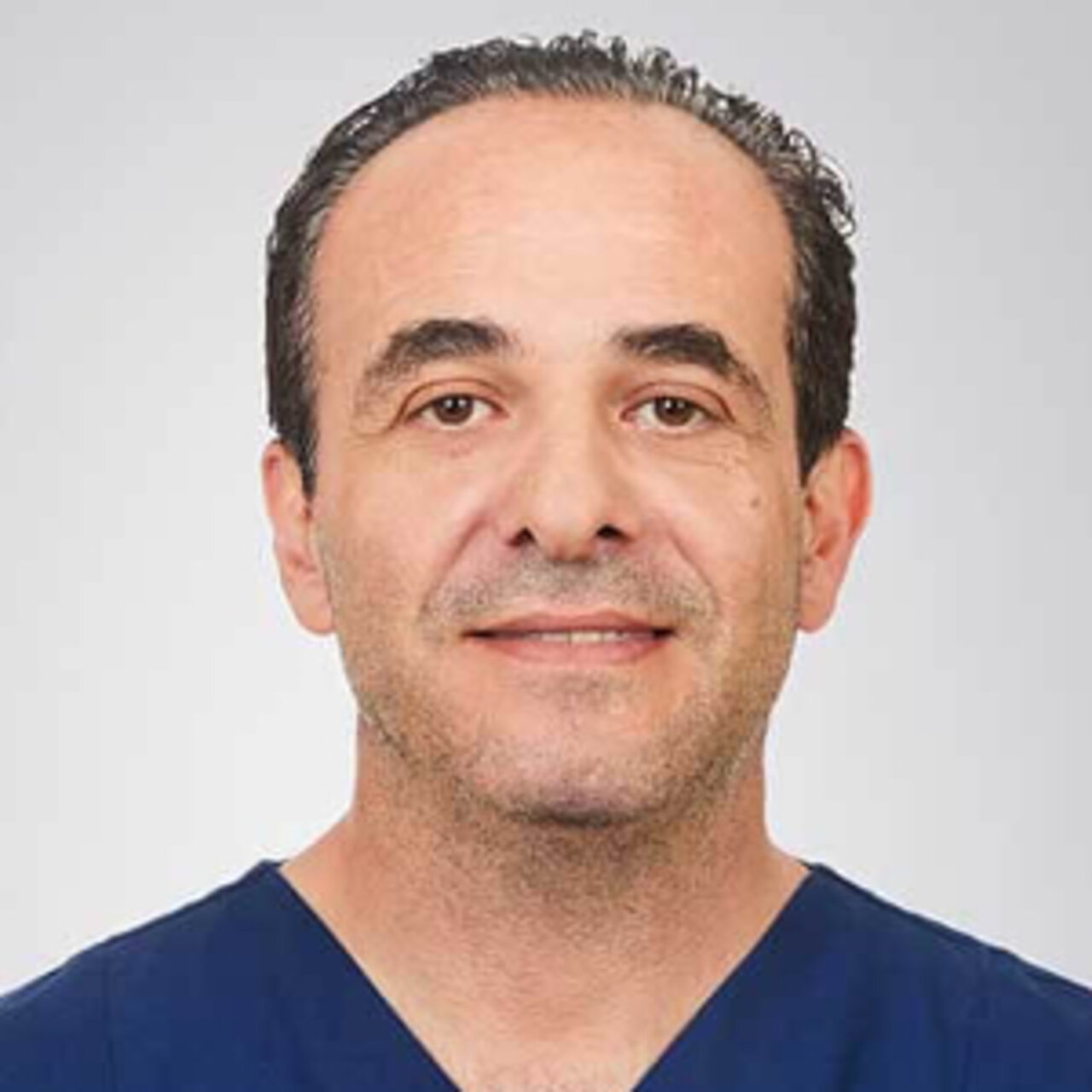Specialists in Tumour diagnostics
10 Specialists found
Information About the Field of Tumour diagnostics
Information on cancer diagnostics
In particular, the type and spread of the tumor, blood supply, causes, and spread in the body (metastases) are decisive for subsequent therapy. This is where modern tumor diagnostics with high-resolution imaging and interventional procedures can help.
Since it is impossible to identify all the characteristics of a tumor from the outside, radiology plays an essential role in tumor diagnostics, where standard imaging procedures in radiology are combined with specific additional examinations. These include X-ray examination, computed tomography (CT), magnetic resonance imaging (MRI), and ultrasound examinations (sonography). All can be carried out with a contrast agent to highlight specific tumors more clearly. In addition, scintigraphy uses radioactive particles to show increased metabolic turnover and blood flow, which is quite common in tumors.
In the same way, minimally invasive procedures can be used, for example, to take tissue samples in an image-guided manner. Endoscopy (insertion of a tube with a camera into body cavities), specific blood tests, and genetic tests complete the picture of tumor diagnostics.
How Is Cancer Diagnostics Performed?
At the beginning of any form of medical diagnostics, there is an analysis of the symptoms of the affected patient. Next, the patient has an appointment with the doctor and describes the complaints. An anamnesis follows, where the physician asks for more details about the symptoms, the type and duration of the complaints, and the general medical history. This is followed by the physical examination, which roughly covers all areas and, more specifically, the affected areas.
If cancer is suspected, an intensive search for the tumor's origin, localization, size, and spread follows. The diagnosis and the therapy are carried out by an interdisciplinary team consisting of your attending physician, radiologists, oncologists, radiation therapists, nuclear medicine specialists, and surgeons.
Blood tests are often performed at the beginning, where further changes can be determined. At the same time, the search for an accurate assessment of the tumor follows. Depending on the suspected tumor, X-rays, computer tomography, magnetic resonance imaging, endoscopy, biopsy, sonography, or scintigraphy, or a combination of these procedures are carried out
The evaluations and results enable detailed discussion of the therapeutic options in the interdisciplinary team. Now the possible therapy options can be discussed with the patient. Once a decision has been made, the treatment schedule is created, and therapy is started as soon as possible (surgery, chemotherapy, radiotherapy).
Detailed Cancer Diagnostics Is Important for Cancer Therapy
Tumor diagnostics is an essential part of finding the right therapy in medicine. Unfortunately, many types of cancer therapy differ significantly depending on the tumor's location, spread, and cell type of the tumor. This means that not every cancer is treated in the same way.
Tumor diagnostics allows the most accurate and specific diagnosis of all tumor characteristics. The possible side effects of tumor diagnostics, such as radiation exposure due to X-rays, are in no relation to the impact of cancer.
The precise results obtained by tumor diagnostics enable specific tumor therapy to be carried out and thus increase the chances of a cure.
Cancer Prevention and Aftercare
Cancer screening is one of the outstanding achievements of modern medicine. Tumor diseases such as breast, colon, and prostate cancer can be detected early, and the chances of cure can be significantly increased.
Follow-up examinations after cancer therapy are just as necessary and important. They help to detect recurring tumor cells as early as possible. Therefore, keeping follow-up appointments is of great importance.
Sources:
http://www.krebsinformationsdienst.de/untersuchung/bildgebung.php
Kauffmann, Günter Werner; Moser, Ernst (2011): Radiologie. Bildgebende Verfahren, Strahlentherapie, Nuklearmedizin und Strahlenschutz. 4., völlig überarb. Aufl. München: Elsevier, Urban & Fischer.
Reiser, Maximilian; Kuhn, Fritz-Peter; Debus, Jürgen (2011): Radiologie. 3., vollst. überarb. u. erw. Aufl. Stuttgart: Thieme (Duale Reihe).
Vogl, Thomas J.; Rummeny, Ernst J.; Reith, Wolfgang; Balzer, J. O. (2011): Diagnostische und Interventionelle Radiologie. Berlin: Springer.










